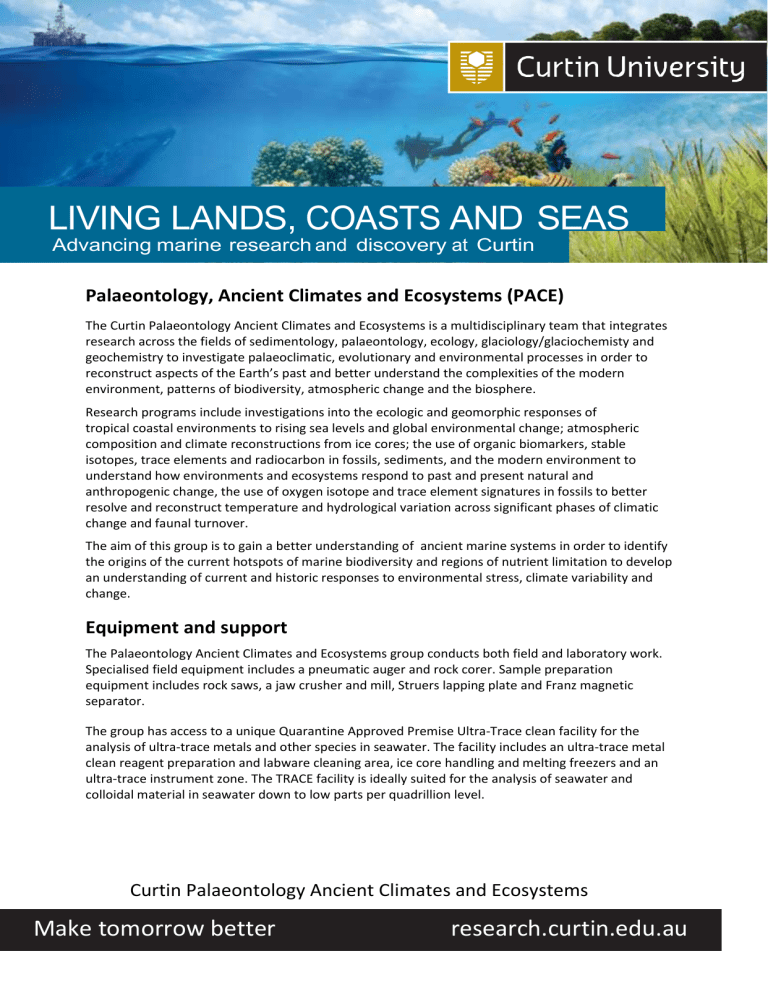
LIVING LANDS, COASTS AND SEAS Advancing marine research and discovery at Curtin Palaeontology, Ancient Climates and Ecosystems (PACE) The Curtin Palaeontology Ancient Climates and Ecosystems is a multidisciplinary team that integrates research across the fields of sedimentology, palaeontology, ecology, glaciology/glaciochemisty and geochemistry to investigate palaeoclimatic, evolutionary and environmental processes in order to reconstruct aspects of the Earth’s past and better understand the complexities of the modern environment, patterns of biodiversity, atmospheric change and the biosphere. Research programs include investigations into the ecologic and geomorphic responses of tropical coastal environments to rising sea levels and global environmental change; atmospheric composition and climate reconstructions from ice cores; the use of organic biomarkers, stable isotopes, trace elements and radiocarbon in fossils, sediments, and the modern environment to understand how environments and ecosystems respond to past and present natural and anthropogenic change, the use of oxygen isotope and trace element signatures in fossils to better resolve and reconstruct temperature and hydrological variation across significant phases of climatic change and faunal turnover. The aim of this group is to gain a better understanding of ancient marine systems in order to identify the origins of the current hotspots of marine biodiversity and regions of nutrient limitation to develop an understanding of current and historic responses to environmental stress, climate variability and change. Equipment and support The Palaeontology Ancient Climates and Ecosystems group conducts both field and laboratory work. Specialised field equipment includes a pneumatic auger and rock corer. Sample preparation equipment includes rock saws, a jaw crusher and mill, Struers lapping plate and Franz magnetic separator. The group has access to a unique Quarantine Approved Premise Ultra-Trace clean facility for the analysis of ultra-trace metals and other species in seawater. The facility includes an ultra-trace metal clean reagent preparation and labware cleaning area, ice core handling and melting freezers and an ultra-trace instrument zone. The TRACE facility is ideally suited for the analysis of seawater and colloidal material in seawater down to low parts per quadrillion level. Curtin Palaeontology Ancient Climates and Ecosystems Make tomorrow better research.curtin.edu.au For laboratory experimentation, the group has access to world-class analytical facilities housed in the John de Laeter centre, including Leica petrological and binocular stereo microscopes. Specialised instrumentation that PACE members are experienced with include: Hitachi TM3030 Desktop SEM with Oxford Swift ED3000 EDX and carbon coater, SELFrag LA-MC-ICPMS. Single particle intracavity laser soot photometer (Black carbon aerosol analysis) Sector Field-ICPMS (Element XR, with jet interface) with Seafast system for online elemental preconcentration from seawater and brines. Bio-inert Field Flow Fractionation system (Postnova AF2000), with fraction collector, for the separation and analysis of macromolecules and nanoparticles in seawater. Unique ultra-trace ice core processing facility and ice core melting system. Funding, grants and students Since its creation PACE has been providing data for the construction of climate models and past temperature curves, biocorrelation, and ancient coastline data to government bodies, and the resources industry. In addition data has been provided for policy documents to reduce risk mitigation in costal environments, protect geoheritage and the marine coastal environments, as well as primary research. PACE researcher support graduate students in doctoral, master and honours programs. Staff Associate Professor Kate Trinajstic Email: k.trinajstic@curtin.edu.au Phone: +61 8 9266 2492 Dr Milo Barham Email: Milo.Barham@curtin.edu.au Phone: +61 8 9266 3005 Associate Professor Ross Edwards Email: r.edwards@curtin.edu.au Phone: +61 8 9266 3458. Dr Nicola Browne Email: Nicola.Browne@curtin.edu.au Phone: +61 8 9266 7921 Dr Aaron Hunter Email: Aaron.Hunter@curtin.edu.au Phone: +61 8 9266 7322 Dr Alison Blyth Email: Alison.Blyth@curtin.edu.au Phone: +61 8 9266 9388 Dr Mick O’Leary Email: Mick.Oleary@curtin.edu.au Phone: +61 8 9266 2513 Curtin Palaeontology Ancient Climates and Ecosystems Make tomorrow better research.curtin.edu.au
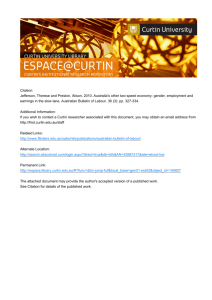
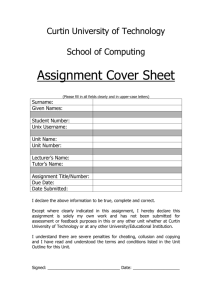
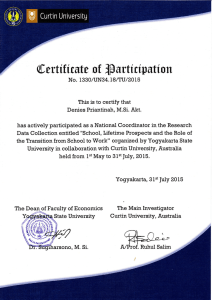
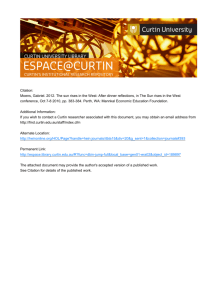
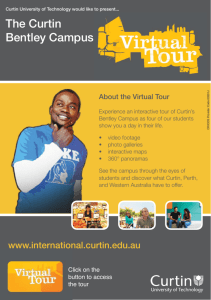
![Assignment coversheet (single) [ 48KB]](http://s3.studylib.net/store/data/008375796_1-47bef2c2c4eb4b7696d1fc3a80518558-300x300.png)
![Assignment coversheet (group) [ 126KB]](http://s3.studylib.net/store/data/008375797_1-0b6687da490940610c4ecb23456dda46-300x300.png)